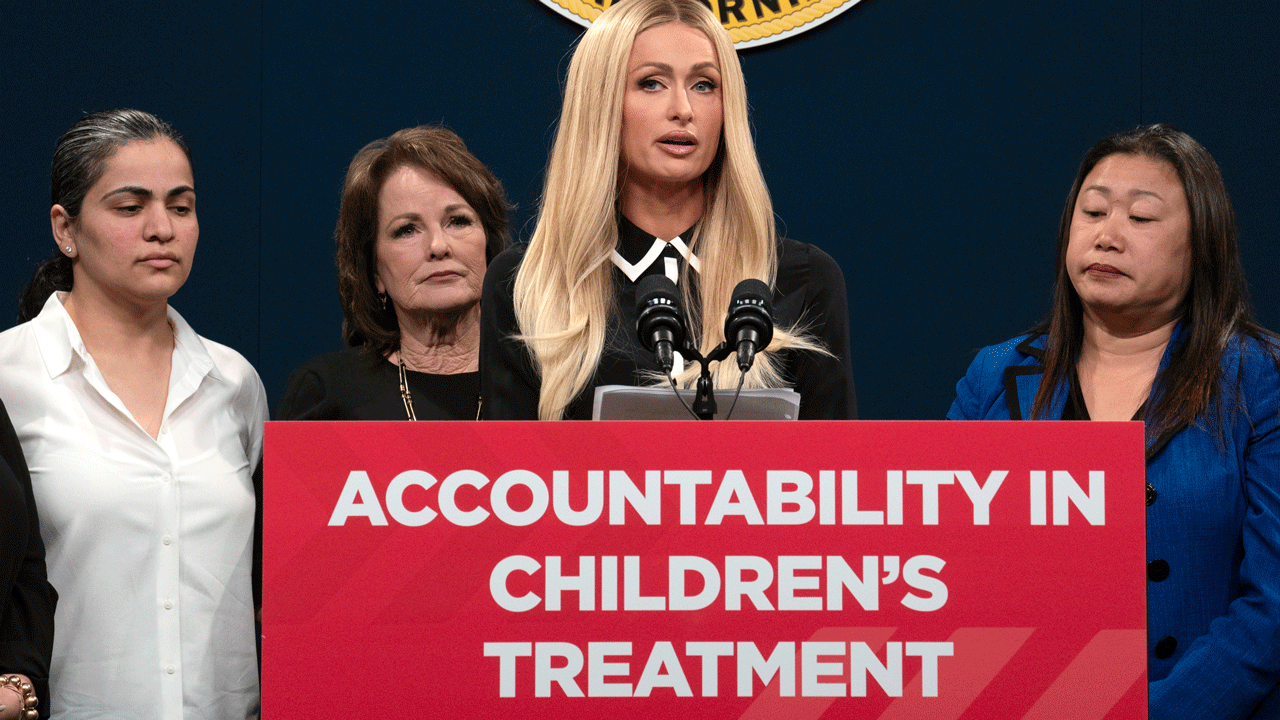WASHINGTON – More than 90 percent of health insurance plans offered to lawmakers and congressional staff cover abortion, an unforeseen consequence of a Republican amendment to President Barack Obama's health law.
The disclosure Wednesday by abortion opponent Rep. Chris Smith, R-N.J., also highlights an emerging issue nationally: It may be hard for individual consumers to determine whether abortion is a covered benefit in plans offered through the new online insurance markets.
For government insiders, there's another twist: Lawmakers and their staffs now appear to be the only federal employees with access to abortion coverage through their government-supported health insurance plans.
Smith said only nine of the 112 insurance plans offered to members of Congress and their staffs through the Washington, D.C., insurance market exclude abortion as a covered benefit.
"It was incredibly confusing, if not impossible, to find out," said Smith. "That is what's happening in state after state. People cannot find out if plans on the exchange include abortion."
Although the Washington insurance market has been recognized for making information on abortion coverage relatively easy to find for consumers, Smith says he suspects some abortion opponents on Capitol Hill may have unwittingly signed up in plans that do cover the procedure. Lawmakers and staffers have only until Monday to finalize their enrollments, while the rest of the country has until Mar. 31.
Abortion remains a legal medical procedure in most cases, but it's subject to increasing restrictions in conservative-leaning states.
Under Obama's health care law, every state must have at least one plan that does not cover abortion. And states can also bar or restrict abortion coverage by the new plans. At least 23 states have done so. But a majority have not, along with Washington, where lawmakers and staff must shop.
The district's insurance market --DC Health Link -- provides information on abortion coverage through its frequently-asked-questions feature. Spokesman Richard Sorian said abortion is not covered in all Aetna plans or the BlueCross BlueShield multistate plan.
But in other states, consumers have to look up the benefits for each plan individually.
"The problem we are coming up against is that customer service representatives don't know what's going on," said Anna Higgins, a health care policy expert with the religious conservative group Family Research Council. "It's not necessarily their fault. The law is very complicated."
Higgins said the district has actually been in the forefront of disclosing abortion information. She says a federal disclosure requirement is needed for the country as a whole. Abortion rights supporters say such concerns are overblown, given the number of states that have barred coverage.
Abortion politics is tricky and convoluted.
A longstanding federal law known as the Hyde amendment prohibits the use of federal funds to pay for abortion except in cases of rape, incest or to save the life of the mother. A similar law applies to the federal employee health plan.
However, lawmakers and many staffers are no longer in that plan.
That's due to Sen. Charles Grassley, R-Iowa, who opposes the new health care program and abortion. When Obama's law was being debated, he pushed through an amendment that requires lawmakers and their personal staffs to get private coverage through the same markets that uninsured Americans will be using.
And those plans can cover abortion, provided that they do not use federal funds to pay for it. Federal tax credits to help people afford coverage must be kept apart from funds used to pay for elective abortions. The money will come from the portion of premiums directly paid by enrollees.
That compromise was sufficient to secure the votes of Democratic lawmakers opposed to abortion for passage of the health care law.
But many abortion opponents, including Roman Catholic bishops, say the compromise weakened the longstanding federal ban on abortion funding.




